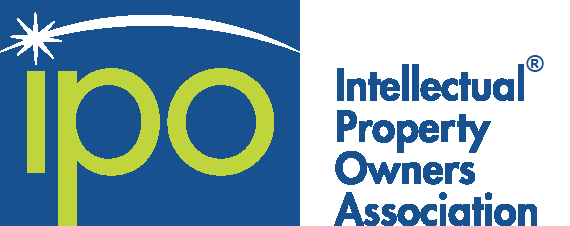Need a login
If you work for an IPO member company, you can sign up for a login for free here. If you need a nonmember login for event or webinar registration, sign up here.
To learn more about joining IPO, click here!
Ipo login
Username or password is not recognized

